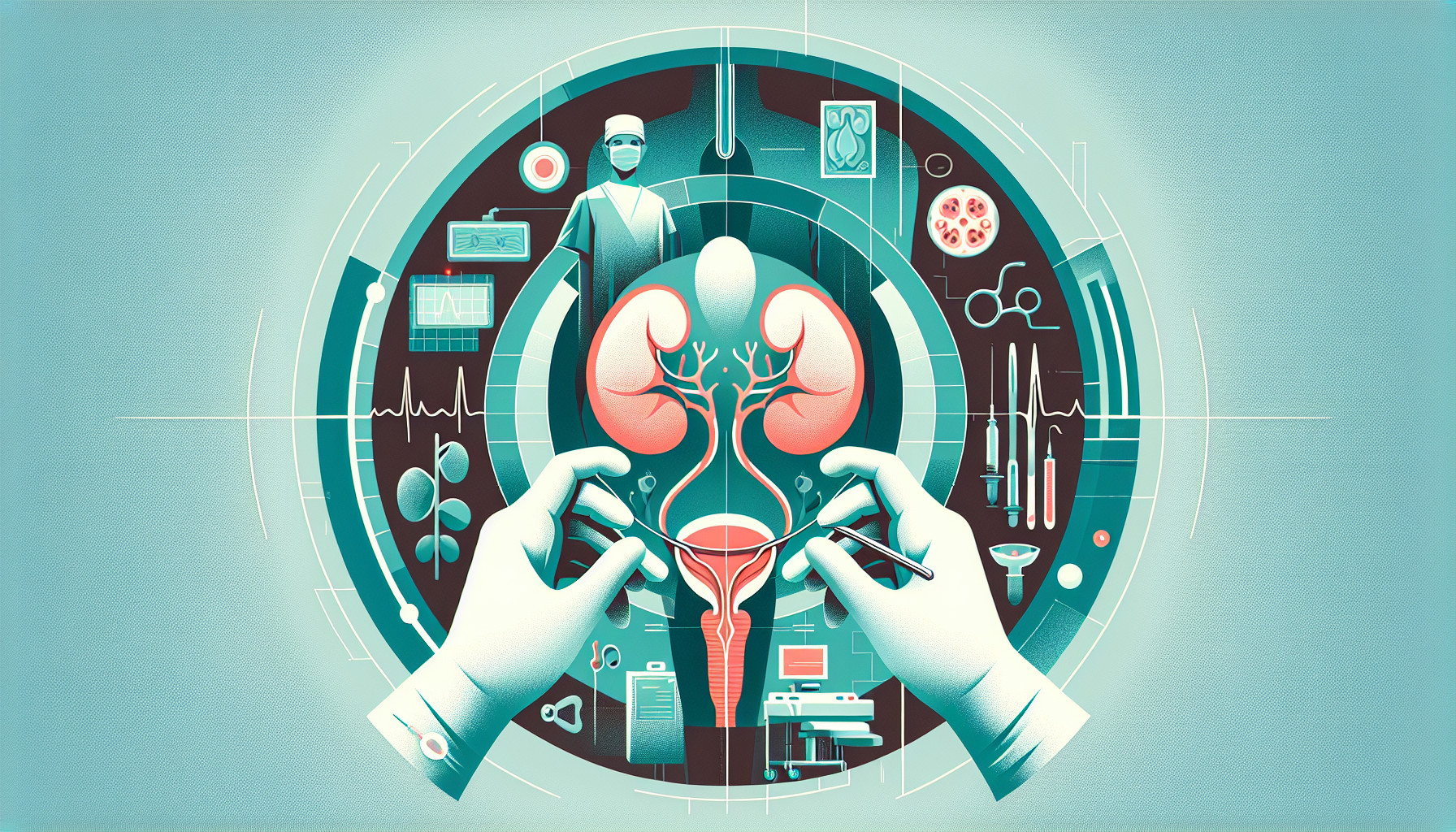Our Summary
This research paper discusses the advancements in surgery for amphibians, a topic that has gained interest in the past decade due to the increase in captive amphibians. The paper suggests that medical professionals should not shy away from performing surgeries on amphibians as these creatures recover well from surgeries and can tolerate blood loss better than more advanced vertebrates. It also suggests that most procedures that can be done on reptiles (mainly lizards) can also be performed on most amphibians, as long as the surgical equipment fits the size of the amphibian. The most challenging part, however, is providing adequate anesthesia.
FAQs
- What types of surgeries can be performed on amphibians?
- How do amphibians react to surgical procedures compared to other vertebrates?
- What is the most challenging aspect of performing surgery on amphibians?
Doctor’s Tip
One helpful tip a doctor might tell a patient about bladder surgery is to follow post-operative care instructions closely to ensure proper healing and reduce the risk of complications. This may include taking prescribed medications, avoiding strenuous activities, and attending follow-up appointments as scheduled. It is also important to report any unusual symptoms or changes in condition to the doctor promptly.
Suitable For
Bladder surgery in amphibians is typically recommended for patients with conditions such as bladder stones, bladder infections, tumors, or other abnormalities that are causing obstruction or dysfunction of the bladder. In some cases, bladder surgery may also be recommended for amphibians with chronic urinary retention or incontinence. It is important for clinicians to carefully evaluate each patient’s individual condition and consider the potential risks and benefits of surgery before making a recommendation.
Timeline
Before bladder surgery:
- Patient experiences symptoms such as frequent urination, pain or discomfort during urination, blood in the urine, or difficulty emptying the bladder.
- Consultation with a healthcare provider to discuss symptoms and potential treatment options.
- Diagnostic tests may be performed, such as urine analysis, imaging studies, or cystoscopy, to determine the cause of the bladder issues.
- Decision made to proceed with bladder surgery as a treatment option.
After bladder surgery:
- Patient undergoes preoperative preparation, which may include fasting, medication adjustments, and anesthesia administration.
- Surgery is performed, which may involve procedures such as cystotomy (surgical opening of the bladder), bladder stone removal, or tumor resection.
- Postoperative care includes pain management, monitoring for complications such as infection or bleeding, and bladder catheterization to facilitate healing.
- Patient is discharged with instructions for at-home care, follow-up appointments, and potential rehabilitation or physical therapy.
- Recovery period may involve temporary restrictions on activities, medication adherence, and lifestyle modifications to support bladder health.
What to Ask Your Doctor
- What is the reason for the bladder surgery and what are the expected outcomes?
- What are the potential risks and complications associated with the surgery?
- What type of anesthesia will be used and what are the risks and side effects?
- How long is the recovery period expected to be and what post-operative care will be needed?
- Are there any alternative treatment options to surgery that should be considered?
- What is the success rate of this type of surgery in treating my condition?
- How many times have you performed this specific type of surgery and what is your experience with it?
- Will there be any long-term effects or limitations after the surgery?
- Will I need to make any lifestyle or dietary changes after the surgery?
- Are there any specific follow-up appointments or tests that will be necessary after the surgery?
Reference
Authors: Chai N. Journal: Vet Clin North Am Exot Anim Pract. 2016 Jan;19(1):77-95. doi: 10.1016/j.cvex.2015.08.004. PMID: 26611925
